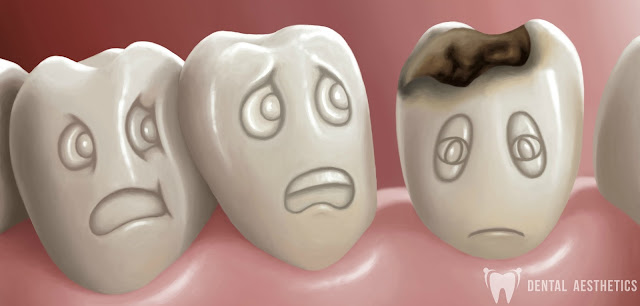Teeth Sensitivity After Scaling – Its Natural and Treatable
Doctor I feel sensitivity, is it something to worry about? No, it’s natural and will fade away in a while. Phew!
It is a normal thing to expect sensitive teeth after getting scaling treatment. It’s not that the dentist wants to make more money, in fact its natural. This sensitivity could be due to other reasons, but if there was a lot of calculus after cleaning sensitivity will only last for two to three days, if it prolongs, you must visit a nearby dentist.
What Makes Your Teeth Sensitive?
While going through a scaling treatment to have a cleaner, shiner and healthier teeth, the dentist removes the tartar or plaque from the surface of the teeth, making them plaque free in oral cavity. Therefore sometimes they become a bit sensitive. For patients who undergo a deep scaling and root planning treatment where tools are used between the gums and tooth roots, removing the tartar in the gum-line gets the root exposed therefore sensitivity increases and causes discomfort. However, if you consult a certified dentist, they could advise you the best treatment for sensitivity.
It’s a Matter of 2 Days Only
Scaling done Successfully! Now the only thing to consider is dental care for at least two days. Should you stop eating? No way! It is just to control and manage your eating habits. That’s about it. You will feel sensitivity while eating or drinking hot or cold, biting or brushing even, but it’s a matter of 2 days only. Don’t panic! If it lasts longer then consult your dentist again.
Use a Dentist Recommended Mouthwash
According to the dental experts in Pakistan, a fluoride toothpaste helps fighting with the sensitivity of the teeth after scaling. Usually, it is recommended to use fluoride toothpaste with mouthwash which helps coping up with the sensitivity.
Salted Water – A Remedy
Take a slightly warm water and mix some salt in it. Swish in your mouth two to three times with regular intervals. Repeat the process after every 3 to 4 hours for gums swelling.




Comments
Post a Comment